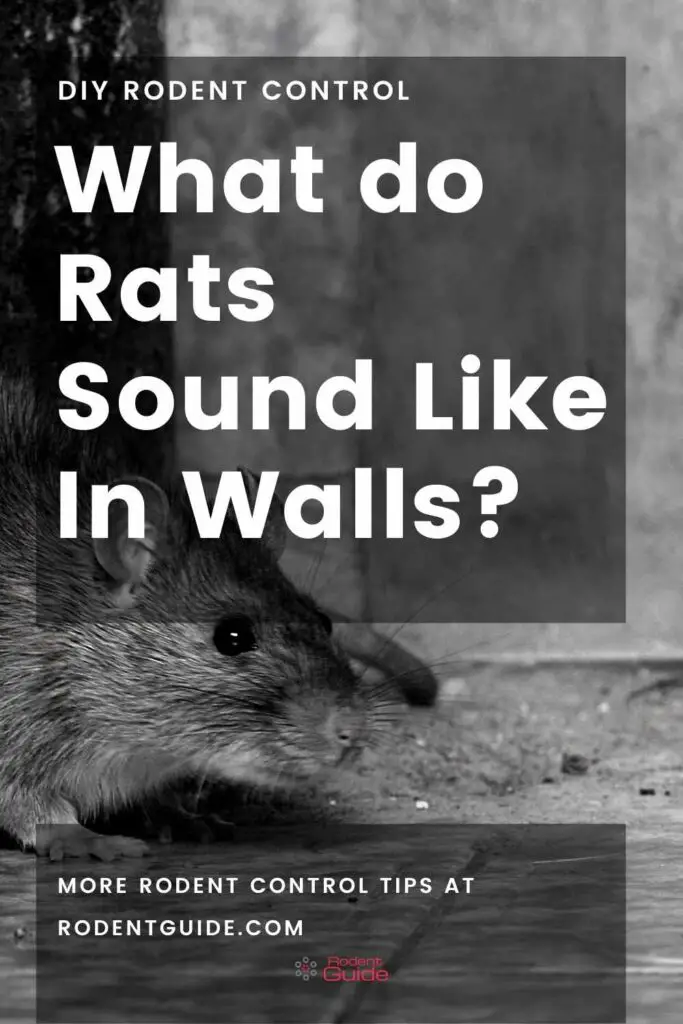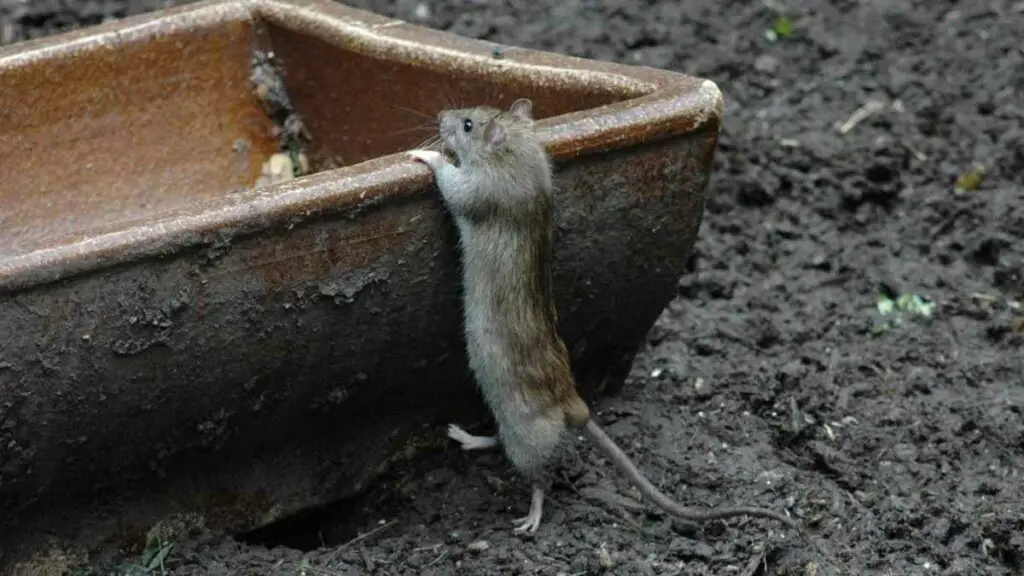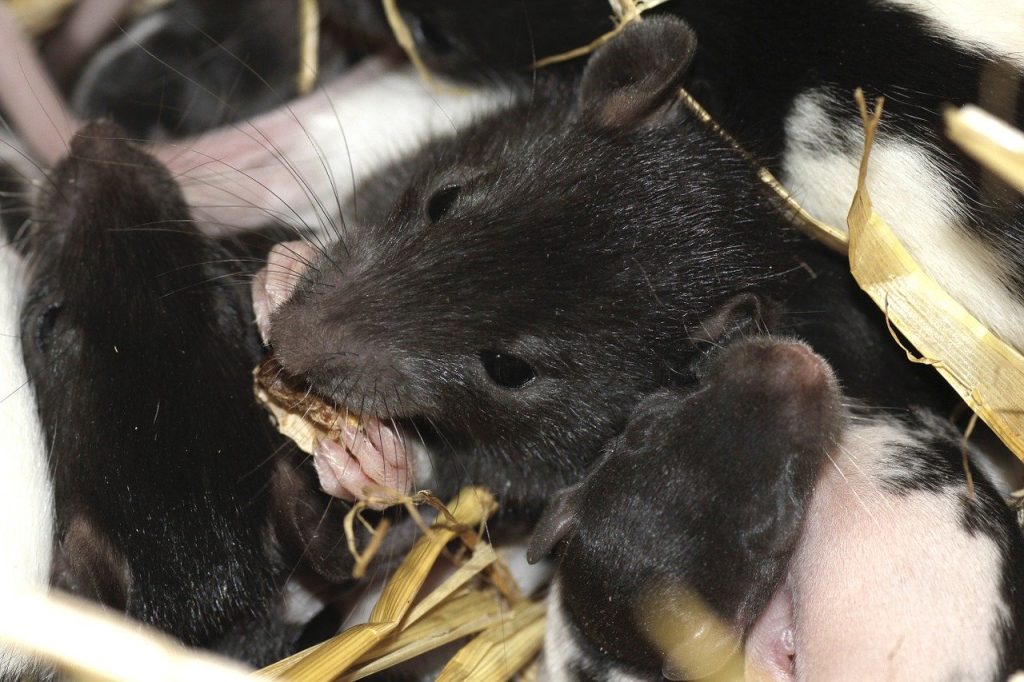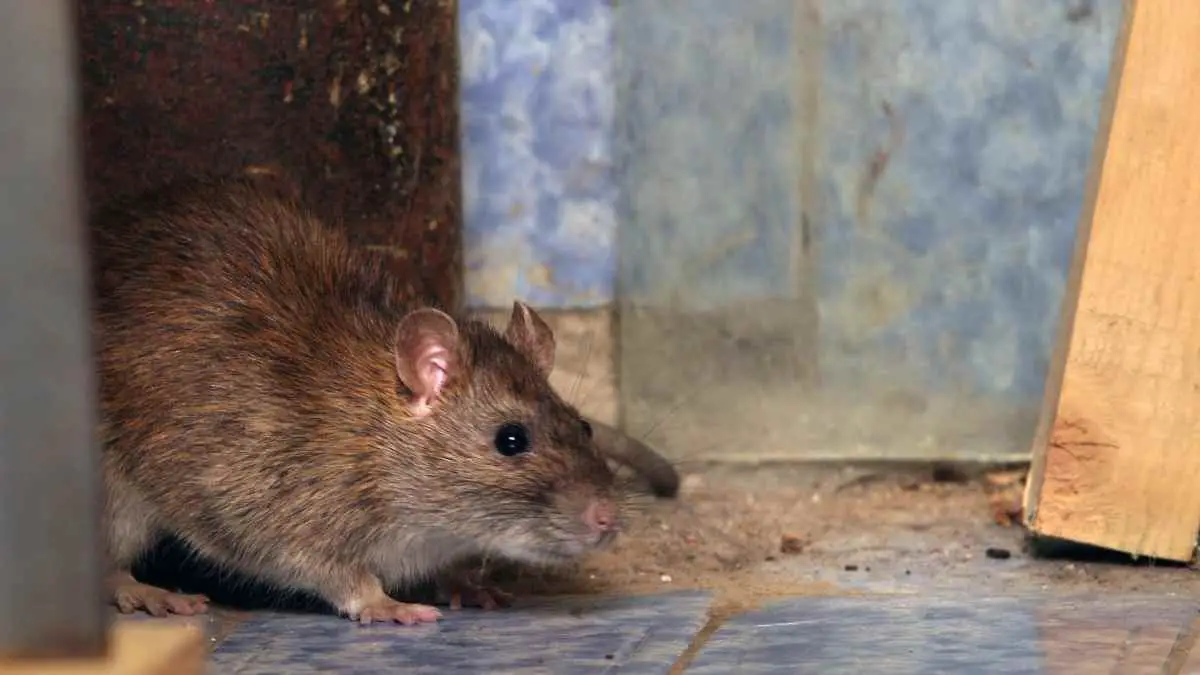Have you been hearing scurrying sounds in the wall? If yes, you may be dealing with a rat infestation.
Rats are super destructive. What’s more? If rat infestation is unchecked, you may have much more to worry about before long, as some of them even carry diseases.
“How do you get rid of rats in the home?” you ask. The answer to this question is in this article.
This article presents helpful tips on handling a rat problem and how to prevent/reduce their breeding around your home.
Before considering tips on how you can get rid of those nasty rodents, it would be best if you understood the common causes of rat infestation.
Do you want to know why you can’t seem to get rid of rats in your home? Find out below.

What are the different sounds made by rats in your walls?
How do you realize you have a rat problem? First, you may see rat droppings around in the house. Then, occasionally, you see rat holes, nests, or the rats themselves!
Likewise, you will frequently hear sounds in the walls, attic, or any other part of the house. Rats make quite a wide range of sounds.
Here are some of the different sounds rats make;
Squeaking
You’ve most likely heard a rat’s squeak many times before now. That is because squeaking is one of the common sounds that rats make. The squeak can either be short squeaks or long squeaks.
There are several reasons why a rat will squeak. Usually, rats squeak when they are scared, threatened, or happy.
Grinding Teeth
You are likelier to hear this sound at night – when everywhere is almost silent. However, you must be close to the rat to hear it grinding its teeth.
If you get too close, the rat will likely make more threatening sounds.
Hissing
Rats tend to hiss whenever they are angry. This hissing sound may startle you if you hear it while walking around the house at night.
Scratching
You’re likely to hear scratching sounds if rats are trying to gain or have gained entrance into your house. Rats make scratching sounds when trying to find routes around your home.
They use their nails on walls to create routes through which they move around your house.
So, the next time you hear scratching sounds in the walls, it is most likely the rats trying to find their way around your home.
Gnawing

Rats can gnaw through almost anything, thanks to their ever-growing teeth.
The theory says rats gnaw things to keep their teeth in check. Rat’s gnawing is also common as they make these sounds when they want to access something (maybe a food source you have hidden away).
Barking
This one may come as a surprise, but rats do bark. While some argue that the barking is more of a cough than a bark, it sounds much like barks.
Moreover, rats bark when they are scared or feel threatened.
Scurrying
Scurrying is the most common rat sound that you can expect to hear in your house. “Why?” you ask. The answer is simple.
The rats are just trying to move from one place to another in your house. This movement explains why you hear scurrying noises in your home.
Depending on how attentive you are and how quiet the environment is, you can hear rats moving in the walls, attic, basements, etc.
Screaming
When a rat screams, it means an invader is in its territory, and the rat is ready to attack the invader.
Also, a rat can let out a scream if it senses danger around and tries to warn other rats of the threat. Other times, rats scream when they are trapped.
What are the common causes of a rat infestation?

Rats do not suddenly show up in a house. Indeed, there are several explanations for your rat problem. Below you have some of the major causes of a rat infestation.
Presence of food source
Chief of the causes of a rat infestation is the presence of food sources. The reason for this connection is not far-fetched. Rats need food sources to grow and thrive.
The more food rats can find in your surroundings, their numbers will increase.
One of the places where you are more likely to find rats is in your kitchen because it is where they can find food in abundance.
Especially if your kitchen is untidy and there are crumbs of food everywhere. The presence of food sources like (cheese, rice, bread, biscuits, etc.) makes rats nest near you.
Presence of a water source
Rats do not only need food, but they also need water to survive. Thus, they nest around any place that can provide the required moisture.
A perfect water source for rats is a leaky pipe. They also get moisture from their food.
Easy access to your home
How do rats make their way to food or water sources in your house if they have not entered your home in the first place?
If there are possible entry points for rats, they will take advantage of them more often than not.
The cracks or damage in the walls, open doors, or any other entry point may make your house an easy target for rats. Sometimes, rats burrow their way into your home, though.
Potential nesting site

During cold months, rats need a warm place to live. Therefore, they infest anywhere that can provide the warmth they seek.
To get rid of rats, you must know where they could nest around you.
Some common nesting places for rats are; in the attic, between walls, piles of debris, shed, pantry, garage, boxes, car engines, or even vacant houses.
Rats will infest anywhere that promises food, water, warmth, and shelter.
Five steps you can follow to handle a rat infestation.

Now, how do you get rid of these nasty rodents? You can take the following steps to mitigate a rat infestation.
Seal points of entries
The first thing you can do is to identify the various entry points through which the rats have entered your house.
It may be a crack, damage in the walls, or a rat hole in the wall somewhere.
After identifying all rat entry points, watch and ensure the rats are not inside, then seal them accordingly. It is best to change the damaged part entirely if it’s a wooden wall.
Likewise, if the wall is made of bricks, you should use cement to seal the holes.
Remove potential nesting sites.
Rats typically nest close to the house in debris piles, the garage, or the shed before moving into the home.
Therefore, remove all potential nesting sites to prevent them from nesting around. Keep branches and bushes trimmed at all times.
Keeping wood piles raised off the ground would be helpful so the rats can’t get in.
Use of rat traps

Rat traps have been used to control rat infestation for some time and have evolved over the years, too.
You can choose any type you’re comfortable with to get rid of those rats — glue traps or the usual lethal rat traps. Using the latter is best, though. I do not like using glue traps.
In addition, ensure you use appropriate baits.
Use sealed outdoor trash cans.
Your trash can also be a food source for rats. Hence, a sealed/properly covered trash can will help keep rats in check.
Properly covering garbage containers reduces the chance of rats getting into them. Consequently, rats will not nest around you when they can not find a food source.
Remove food sources
Finally, store all your food items out of the rat’s reach (sealed in plastic or glass containers). Food items include your pet’s food, as rats also eat pet food.
Similarly, endeavor to keep the kitchen clean and free from food crumbs.
Conclusion
If you follow the steps above, you will not hear noises from rats again for a while. As you drive the rats out of your home, endeavor to keep your home clean at all times so the rats do not come visiting again.
It would help if you were deliberate about keeping rats out of your home, especially during the cold when they usually need warmth.
Good luck!








